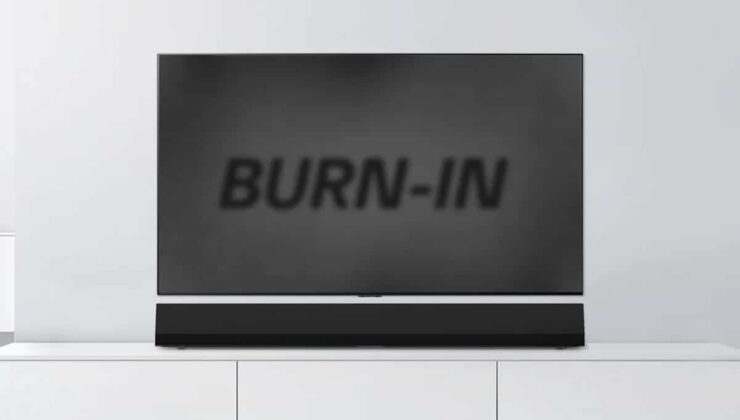

When purchasing a monitor or television, the display technology significantly influences our choice. The market offers various technologies like LED, OLED, QLED, QD-OLED, and Mini-LED. Among these, OLED is particularly known for its vibrant image quality but has a notorious issue: burn-in. This can be a substantial concern for both consumers and businesses utilizing displays for digital signage or information dissemination.
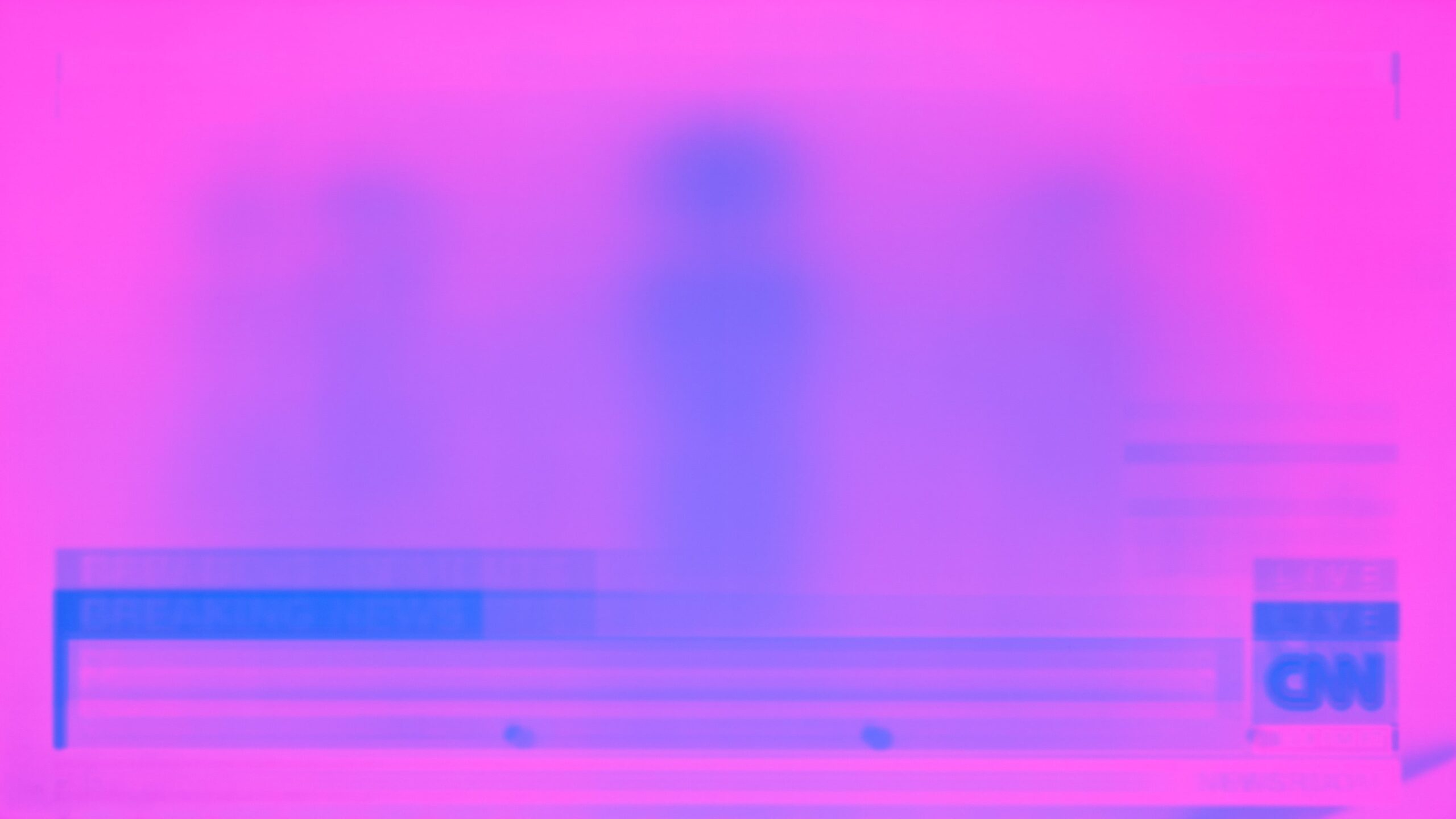
Organic Light Emitting Diode (OLED) displays deliver performance that traditional LCDs can’t match, offering superior contrast ratios for more realistic imagery. Companies such as LG, Sony, and Samsung prominently feature OLED in their top TV models, while brands like Apple, Samsung, and Google incorporate them in smartphones. However, the downside remains the persistent burn-in issue, where certain images become permanently etched onto the screen.

Though manufacturers have significantly improved OLED technology to minimize burn-in risks, it remains a concern. This article explores the burn-in phenomenon and offers preventive measures.
In essence, burn-in refers to a ghostly image that sticks to your screen, as if the image had been tattooed onto a digital screen. It’s not a malfunction but a result of a static image displayed for extended periods, particularly common on OLED TVs. For instance, a TV channel logo consistently displayed in the corner can create a permanent imprint, even when the channel is changed.
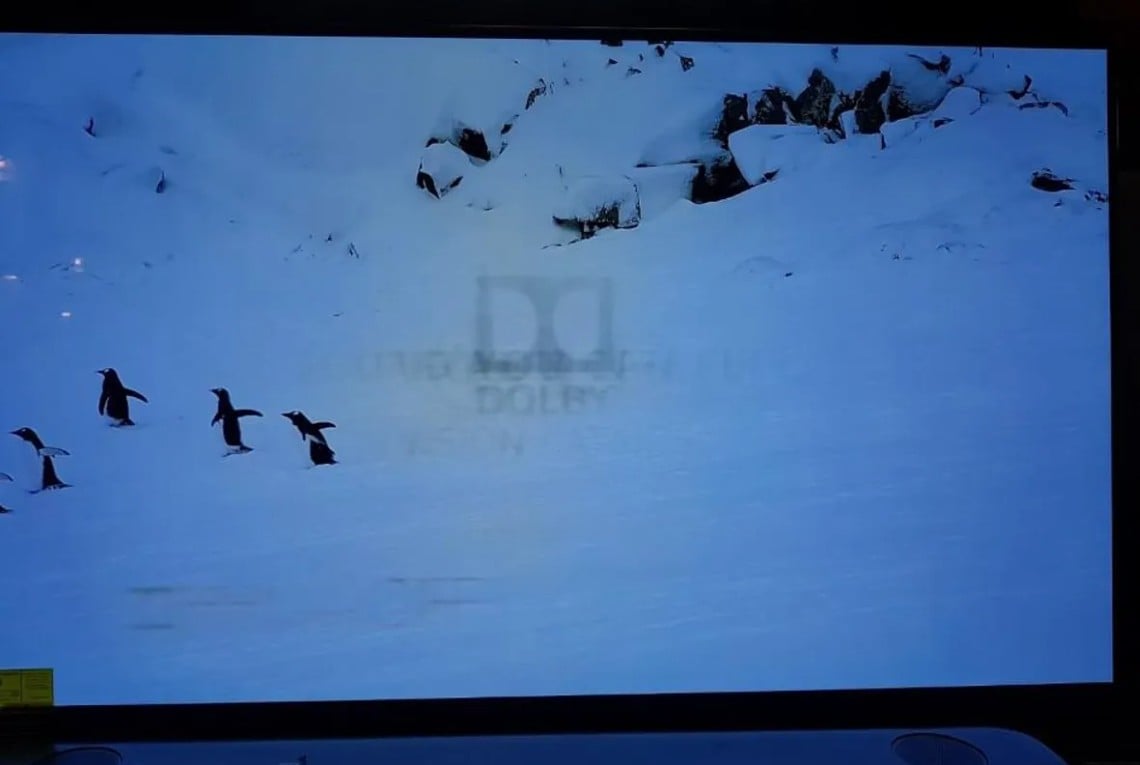
OLED screens are more sensitive than LCDs, meaning burn-in can occur more readily. However, the probability is much lower with normal use, and many occurrences of what seems like burn-in actually resolve themselves over time.
Burn-in typically results from static images like channel logos or HUD elements in video games. While the average user may not encounter burn-in often, it’s more common in devices where static images are prevalent, such as gaming monitors or business displays. Manufacturers have introduced features like ‘Pixel Shift’ and ‘Pixel Refresher’ to mitigate this risk.
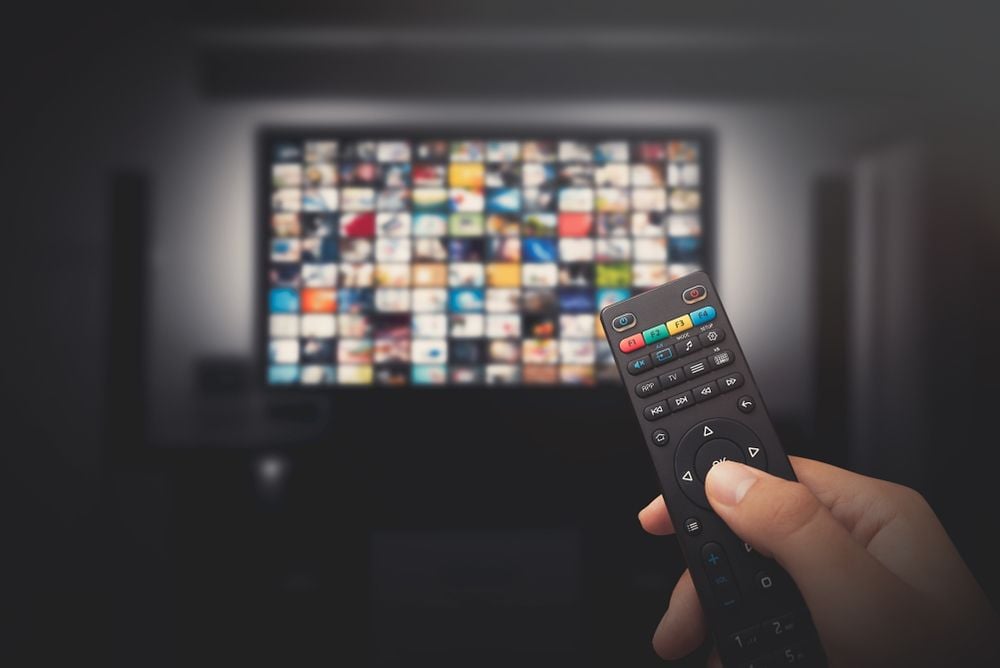
These features periodically move or refresh the image to prevent static content from causing burn-in. Additionally, reducing your screen’s brightness and avoiding prolonged display of static images can help preserve your OLED display.
Modern OLEDs come equipped with several protective features. Options such as ‘Screen Move’ or ‘Pixel Shift’ periodically adjust the image position slightly on the screen. Using ‘Pixel Clean’ or ‘Panel Refresh’ features can also help minimize image retention, though these processes may take a few minutes to complete.
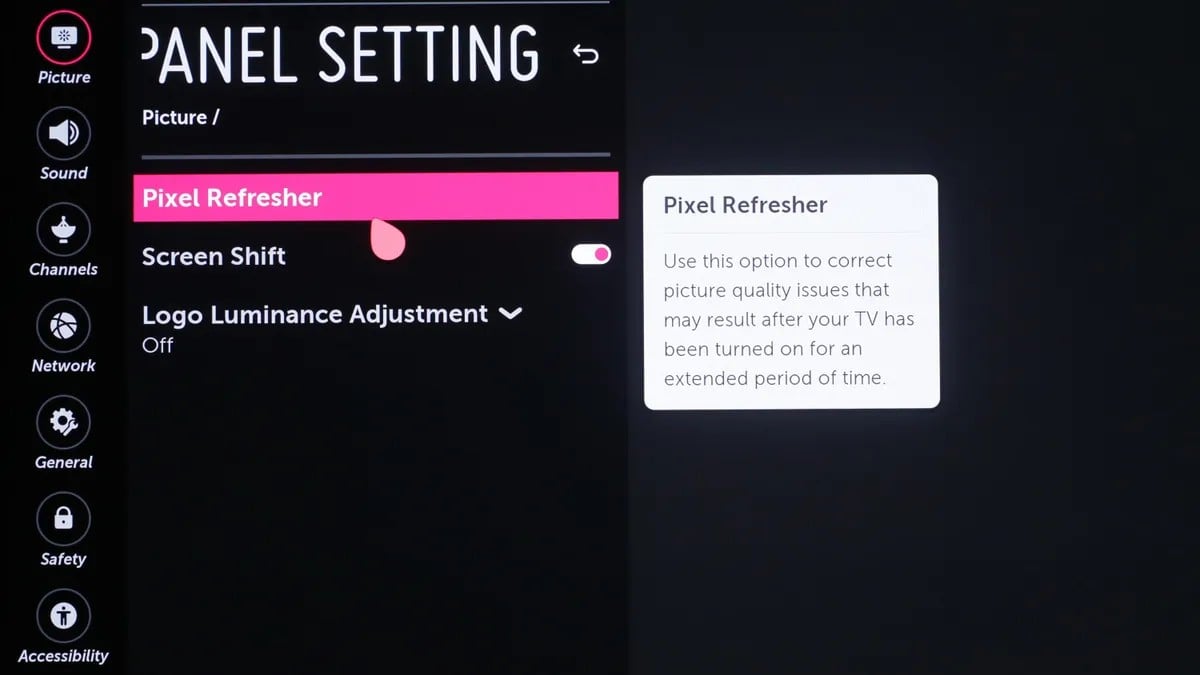
Manufacturers like LG and Sony, however, typically exclude burn-in from warranty coverage, citing it as a result of consumer use rather than a defect. Thus, it’s vital to be cautious with OLED displays, particularly by varying content and utilizing the protective features available.
While OLED burn-in is a concern, it shouldn’t deter most consumers, given the improved technology and preventive measures available. Regular use involving varied content, alongside utilizing built-in protection features, can significantly reduce the risk of burn-in. For those particularly concerned, considering LCD alternatives or OLED models with burn-in guarantees might be worthwhile.
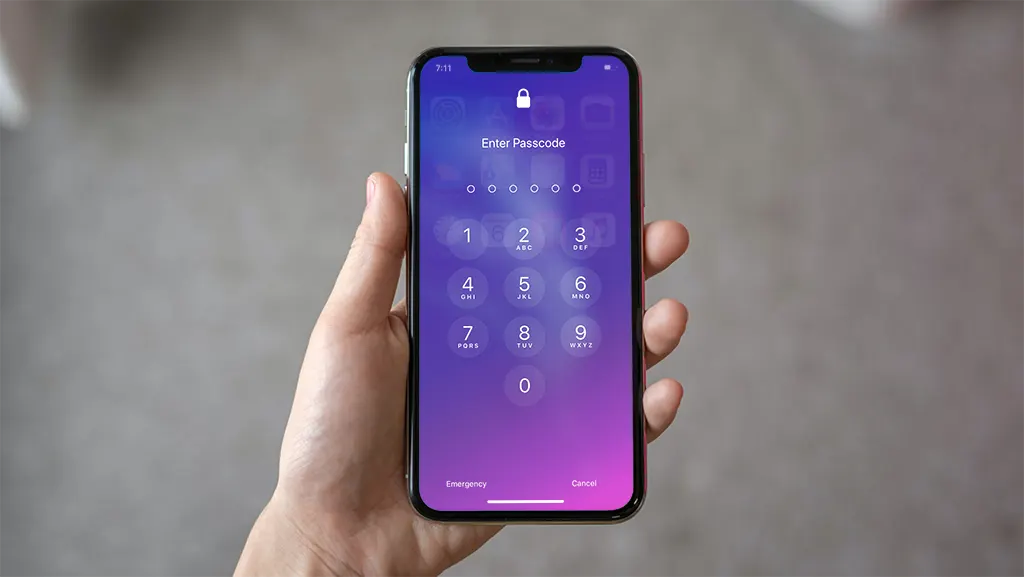
ENGLİSH
8 gün önceSİGORTA
8 gün önceSİGORTA
8 gün önceSİGORTA
11 gün önceSİGORTA
13 gün önceSİGORTA
13 gün önceDÜNYA
22 gün önce 1
Elon Musk’s Father: “Admiring Putin is Only Natural”
11651 kez okundu
1
Elon Musk’s Father: “Admiring Putin is Only Natural”
11651 kez okundu
 2
7 Essential Foods for Optimal Brain Health
11484 kez okundu
2
7 Essential Foods for Optimal Brain Health
11484 kez okundu
 3
xAI’s Grok Chatbot Introduces Memory Feature to Rival ChatGPT and Google Gemini
10930 kez okundu
3
xAI’s Grok Chatbot Introduces Memory Feature to Rival ChatGPT and Google Gemini
10930 kez okundu
 4
Minnesota’s Proposed Lifeline Auto Insurance Program
9573 kez okundu
4
Minnesota’s Proposed Lifeline Auto Insurance Program
9573 kez okundu
 5
Introducing Vivo Y300 Pro+: A Blend of Power and Affordability
7506 kez okundu
5
Introducing Vivo Y300 Pro+: A Blend of Power and Affordability
7506 kez okundu
Veri politikasındaki amaçlarla sınırlı ve mevzuata uygun şekilde çerez konumlandırmaktayız. Detaylar için veri politikamızı inceleyebilirsiniz.